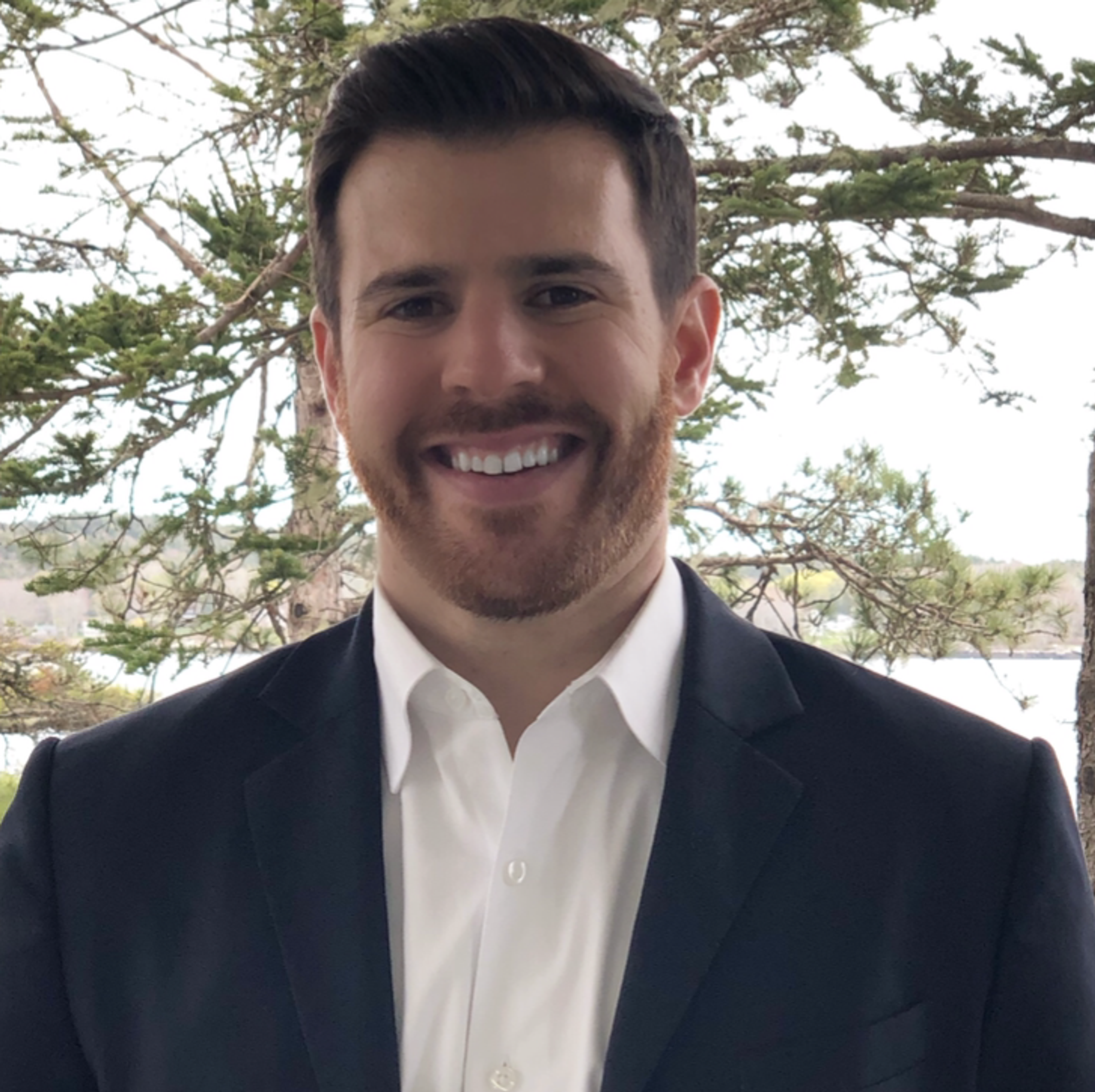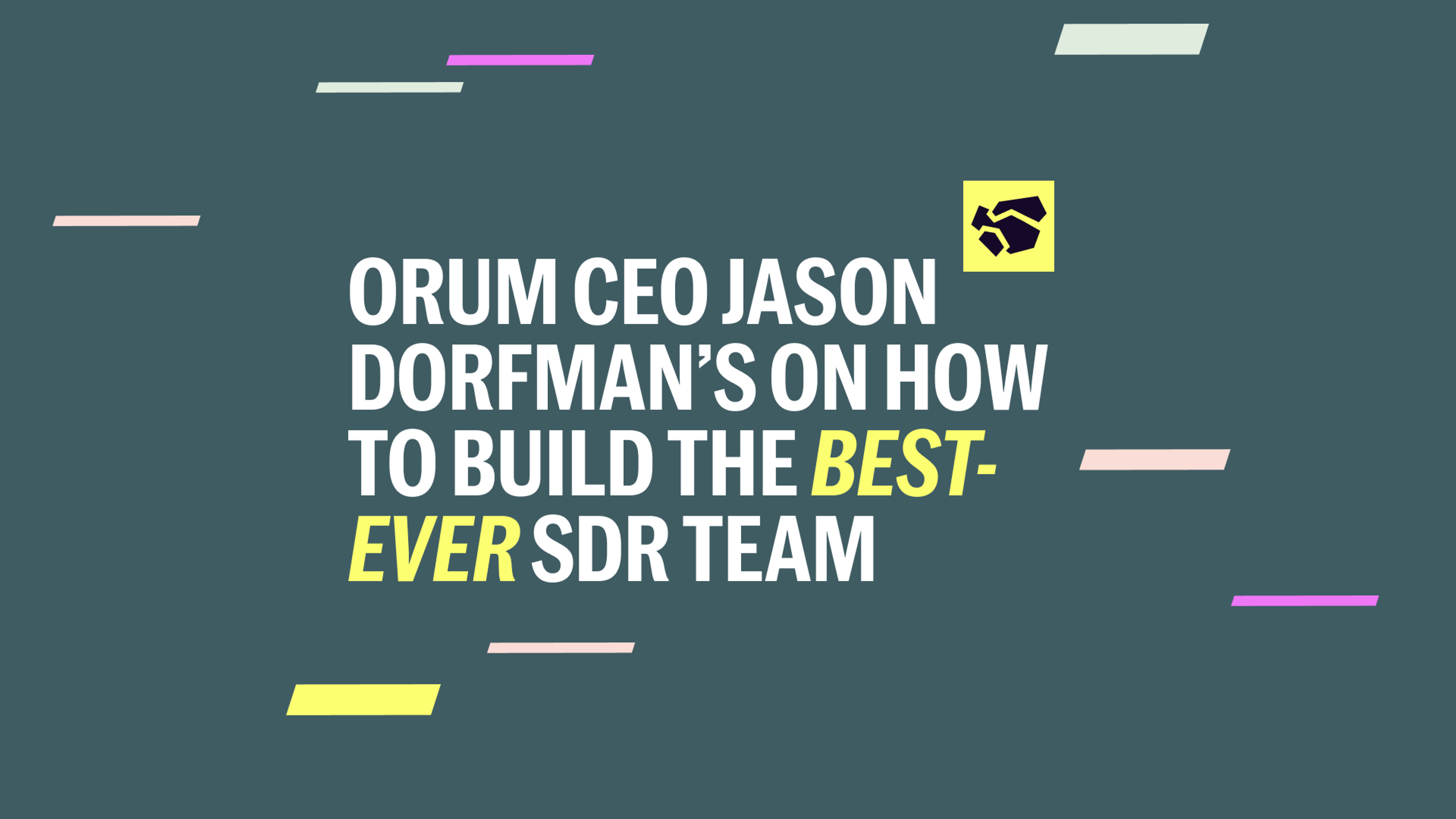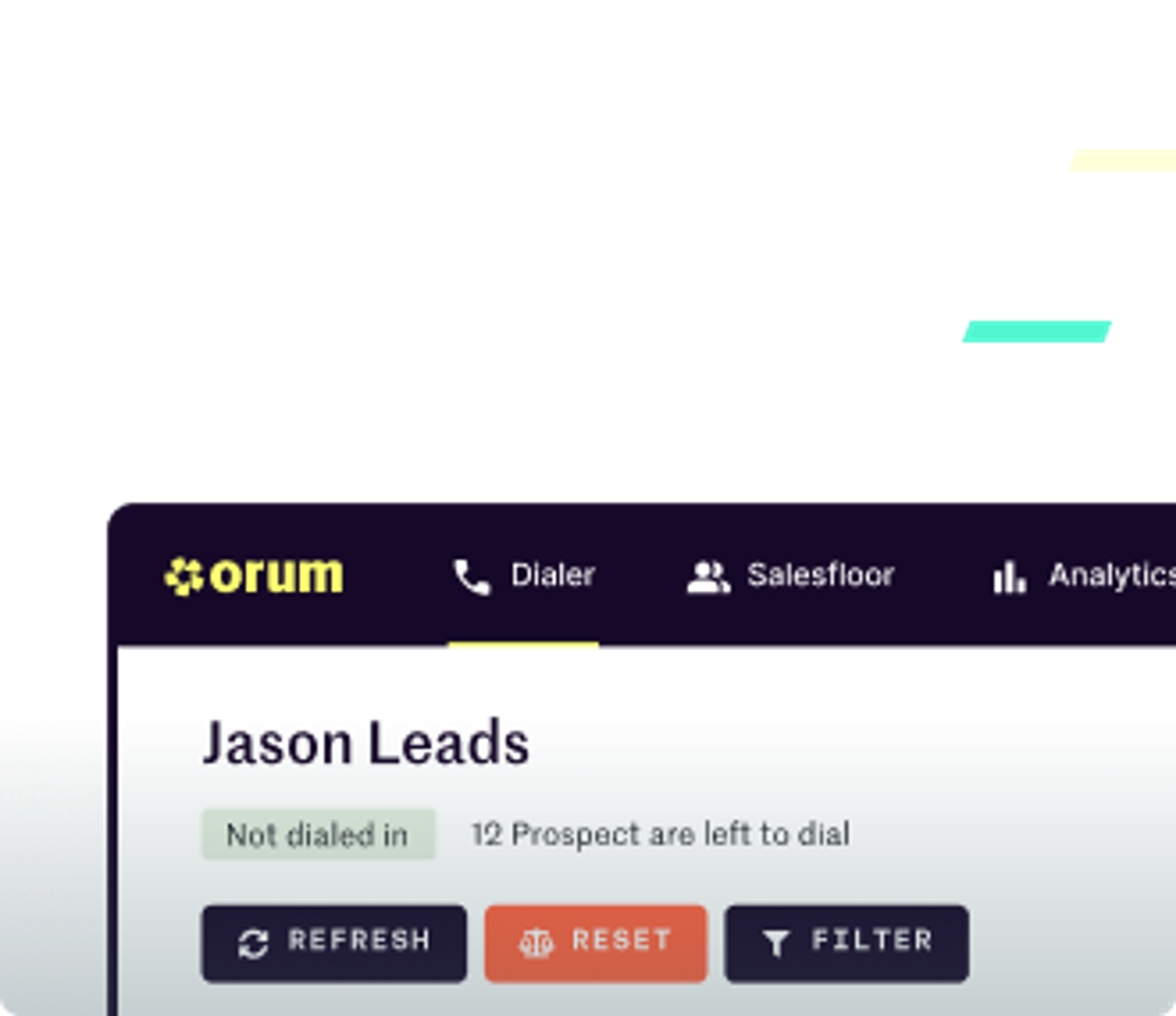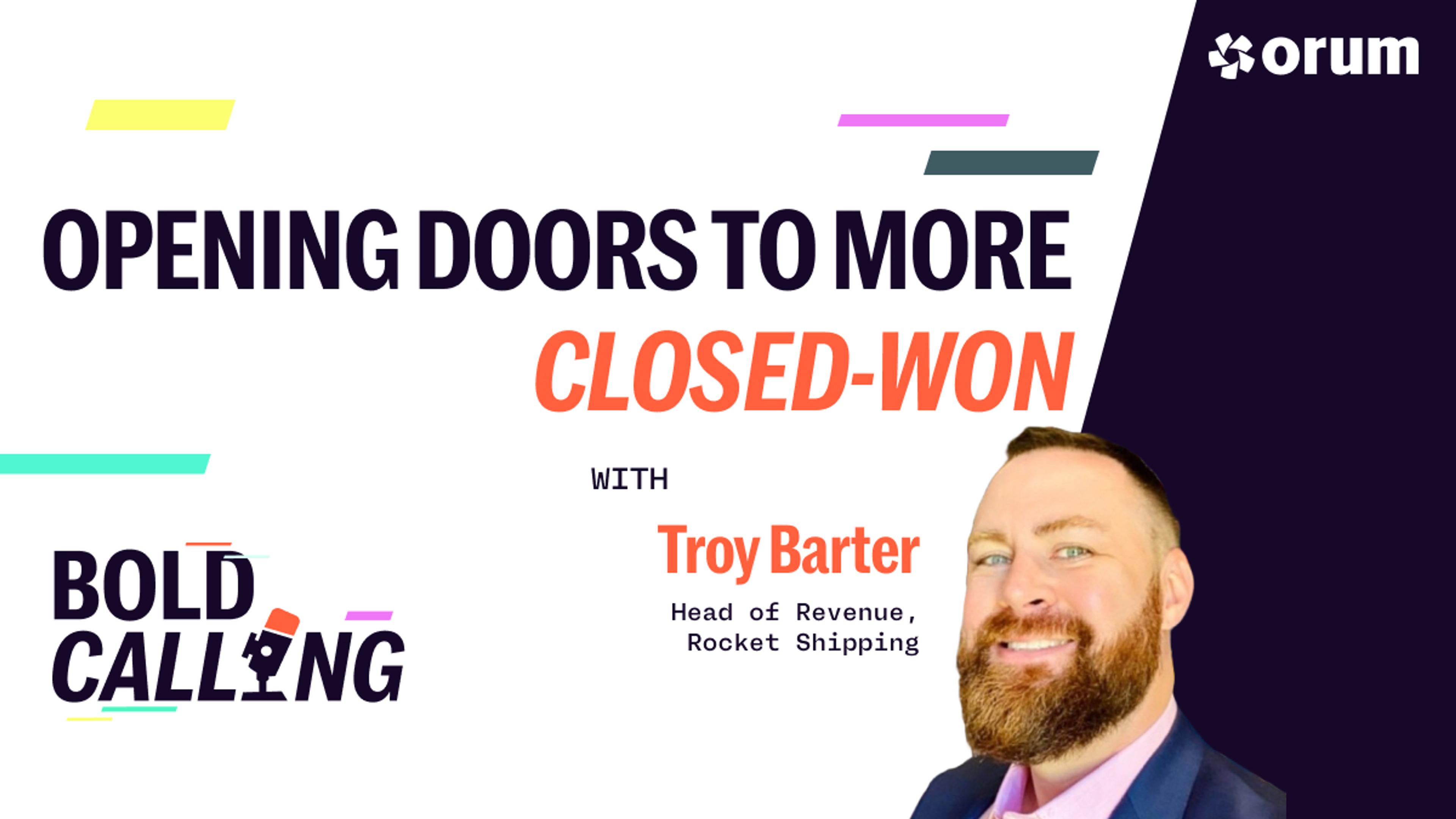Building a Modern Sales Development Team: Key Strategies for Hiring


When building a top-tier Sales Development Representative (SDR) team, I often hear sales leaders asking about technology—whether it's the latest AI tools or the most efficient CRM systems. My response always starts with the question, "How strong is your recruitment process?” Regardless of how advanced your tech stack is, having the right people in the chair significantly impacts your team’s success.
At Orum, we work with a framework for talent evaluation called "Good Enough, World-Class, and Best Ever." When I first heard "world-class," I thought it sounded aspirational. But then, a former manager challenged me. He asked, "Why settle for world-class when you can aim for the best ever?" That shaped my approach to recruiting. Building a world-class team is good, but why not aim for a team that is the absolute best?
Finding qualified SDR candidates: Casting a Wide Net
To find that “best ever” talent, it’s crucial to cast a wide net. This means leveraging your network, working with internal and external recruiters, and taking the time to interview as many candidates as possible.
Too often, sales leaders feel pressure to hire quickly to meet quota targets, but this can lead to settling for the best of three mediocre candidates instead of holding out for someone genuinely great. When hiring SDRs, you often uncover diamonds in the rough—talented individuals who may be at the beginning of their sales careers. Finding these rare individuals requires diligence and patience.
The more people you interview, the better your chances are of finding that future rockstar sales rep. So, take your time, be picky, and don’t let the pressure to fill a seat push you into making a hasty decision.
Interviewing: The Subtle Art of Discovery
When interviewing for entry-level or semi-entry-level SDRs, you must recognize that you’re not just evaluating their resume; you’re looking for intangible qualities that make a great salesperson. Much like a discovery call with a prospect, the goal is to get them talking.
I always ask candidates to walk me through their life stories—where they grew up, went to school, and work experience. This helps me assess their storytelling ability. Are they the hero of their own story, consistently overcoming obstacles? Or do they present themselves as passive characters in their journey?
One of my go-to questions for SDR candidates is, “Can you give me an example of a time when you did something hard and came out on top?” The best candidates always have a story that reflects drive, resilience, and a competitive spirit.
I remember interviewing someone who wanted to be a race car driver at 16 but lacked the funds. Instead of giving up, he raised the money and eventually won a championship. That’s the kind of grit and determination I want on my team.
Don’t Overlook Quiet Talent
Not every great sales rep will have a boisterous, outgoing personality. I’ve hired candidates who didn’t perform well in initial interviews but thrived in in-person meetings. One example was an SDR who was soft-spoken but turned out to be one of our most trusted enterprise sales directors.
Clients love his consultative, calm approach. While many of us are conditioned to look for prominent personalities in sales, remember that drive, intelligence, and resilience are often the most important traits.

How to build career paths for your SDRs from day one
In recent years, we’ve seen the movement of SDRs into different roles within the organization. Instead of seeing SDR turnover, companies promote SDRs into Account Executive (AE) roles, customer success, marketing, or even sales engineering. And this makes sense—the SDR team often serves as a feeder system for the entire company.
At Orum, I firmly believe someone should be in an SDR role because they want to master the craft of sales. However, I also understand that talent can grow in unexpected directions. I’m proud when one of our SDRs moves into a different part of the organization.
Still, it’s critical that the candidate is passionate about becoming a great salesperson during the hiring process. The SDR role is too complex to be a stepping stone for someone not fully committed to succeeding in sales.
At Orum, we’ve implemented a rule: No SDR is hired without having interviewed with someone in the sales organization responsible for their next step. This ensures buy-in from the entire organization and builds a sense of sponsorship and partnership between the SDR and field sales teams. The SDR manager’s job is to build that ascension path within their team and across the company.
One unique practice we’ve implemented is having SDRs perform a discovery demo for leadership within their first month. This isn’t just a test of their skills; it’s an opportunity to see how well they can present themselves and demonstrate their potential for future roles. The outcome of this demo often predicts how quickly they’ll be promoted or highlights areas they need to improve. It also creates early visibility for the SDR within the company, which is crucial for their long-term development.
Building a great SDR team isn’t about filling seats quickly or relying on the latest technology. It’s about setting a high bar, relentlessly pursuing top talent, and creating an environment where growth is inevitable. At Orum, we don’t just settle for world-class.
We aim for the best ever. With the right hiring strategies, interview techniques, and career development practices, your team can reach that level, too.





